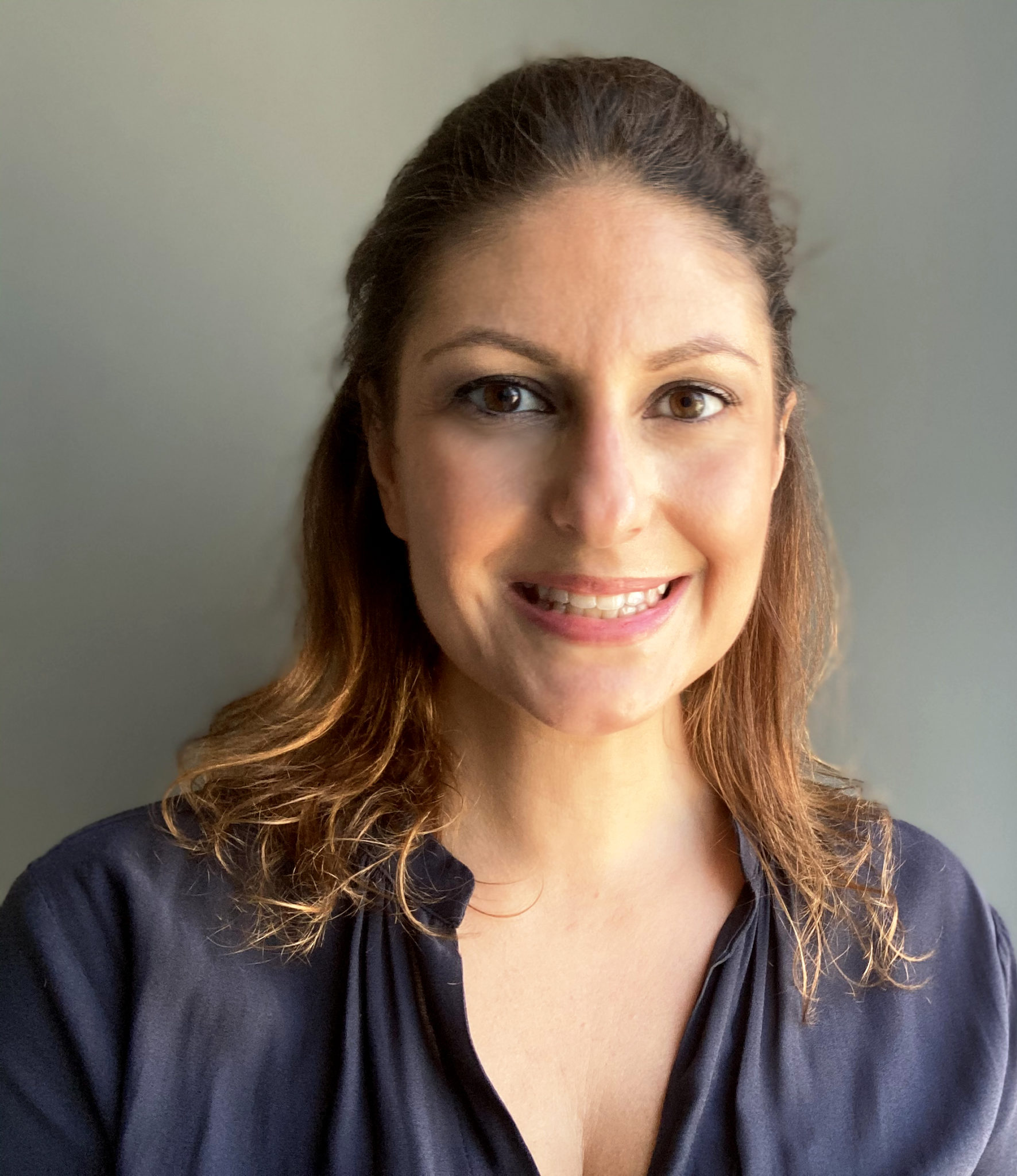Yale professor receives $2 million to bridge genomics representation gap
Serena Tucci, assistant professor of anthropology and principal investigator of the Human Evolutionary Genomics Lab at Yale University, plans to use her $2 million grant from the NIH to investigate the genome of indigenous populations of Oceania.

Courtesy of Serena Tucci
With the help of a $2 million dollar grant from the National Institutes of Health, Serena Tucci will bridge one of the largest gaps of representation in human genomics.
Tucci, an assistant professor of Anthropology and principal investigator of the Human Evolutionary Genomics Lab at Yale, studies human evolution and the genomic history of human populations. Postdoctoral and graduate researchers from around the world work in the Human Evolutionary Genomics Lab using an integrative approach that combines insights from population genomics, molecular biology, genome sequencing, computational biology and anthropology.
As a recipient of the Maximizing Investigators’ Research Award funded by the NIH, Tucci plans to expand her lab’s horizons by focusing on sequencing the genome of the Indigenous people of Oceania.
“Most of the genomics studies today focus on populations of European ancestry, and this leaves a huge gap in the representation of genetic variation in human populations as many populations are being left behind, and [that missing genetic information] has important implications in human health and exacerbates human health inequalities,” Tucci said.
When human ancestors migrated from Africa into Eurasia, they interacted with Neanderthals and Denisovans, extinct branches of hominins. Modern Oceanic people inherited 2 to 4 percent of their DNA from Denisovans, a number far higher than European populations, according to Tucci. She explained that despite the unique evolutionary history of the migrations of Oceanic populations and their encounters with extinct hominins, researchers lack genomic data from these populations and are missing a substantial amount of the world’s genetic variation.
Tucci said that by filling in the gaps of the human genome, scientists will be better prepared to understand how genetic variation contributes to environmental adaptations and population differences in disease risk.
She added that it is important to remember how the scientific community interacts with Indigenous populations and local scientists in other countries.
In the past, researchers have often engaged in helicopter research, a type of research where scientists from wealthier countries collect samples from Indigenous communities and publish their results without the involvement — and, in some cases without the permission — of local institutions, leaders and governments.
While completing her doctoral degree at the University of Ferrara, Tucci established a research partnership with scientists at the Eijkman Institute of Jakarta and communities in Indonesia, resulting in a high-impact publication which included all of her Indonesian collaborators as co-authors. Tucci said she is committed to building meaningful international scientific partnerships to create a ripple of engagement with local communities.
“It is immensely inspiring to see this award given to a woman in science, and we are all so pleased that the merits and importance of our research have been recognized,” said Samantha Miller GRD ’27, a doctoral student in the Human Evolutionary Genomics Lab.
Originally from South Italy, Tucci draws from her experience as an international scientist to inform her research and teaching. In the classroom, Tucci strives to represent marginalized groups of students. She emphasized that “representation matters in my lab.”
“This is important for me being a woman in STEM teaching these topics and [is] particularly empowering for women students,” Tucci said, in reference to her programming and computational biology courses.
When she taught her first programming course, women were the minority in the class. Now, Tucci said, women outnumber men in many of her courses.
As an immigrant and international researcher, Tucci understands the difficulty that language barriers can pose in the classroom. She noticed her international students often feared asking questions, so she started posting some presentations and class notes in their first language. From that day, their participation suddenly increased, showing Tucci how much participation is missed if professors do not prioritize representation.
As a mentor, Tucci is dedicated to empathy. Audrey Tjahjadi GRD ’27, a doctoral student in the Human Evolutionary Genomics Lab, is interested in physiology and how humans interact with the environment, As her supervisor, Tucci makes it a priority to help Tjahjadi discover ways to incorporate her interest with the lab’s vision.
“Being an early-career PI, I think [Tucci’s] more closely in-tune with our priorities as graduate students and she’s been very supportive in trying to help us formulate projects that cater to our specific interests,” Tjahjadi said.
Tucci emphasized that being awarded the MIRA grant was a team effort. Her research and future aspirations would not be possible without the number of lab members, mentors and collaborators she has worked with over the years. She also draws inspiration from her students, whose continued curiosity and unwavering support for her lab’s vision pushed her to make breakthroughs in diversifying the field of genomics.
Tucci advised other early-career scholars to carve time to focus on their writing. With a competitive grant like MIRA, it is important to invest time in improving their writing and communication skills.
“Always write with your audience in mind,” Tucci said.
Tucci’s proposal was awarded the MIRA grant on the first try, but this is not always the case. She encourages other researchers to keep their goals in mind, and to never allow failures to stop them from succeeding.
Tucci came to Yale in 2020 as an assistant professor.







